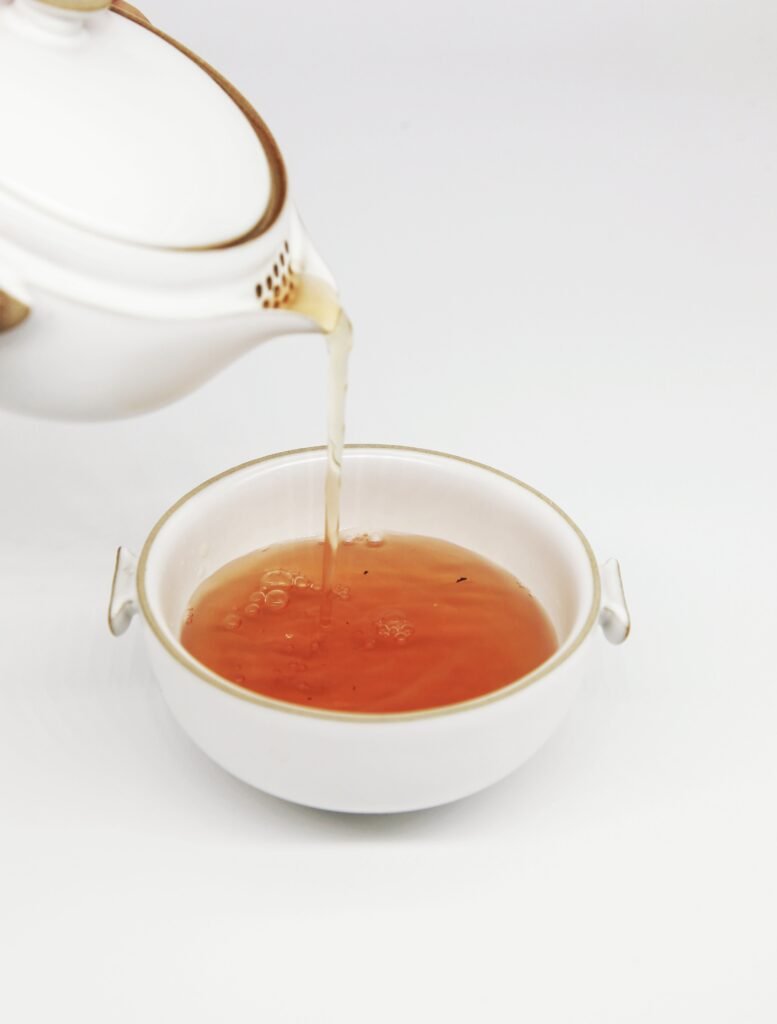Tea, a beloved beverage enjoyed by millions around the world, comes in a myriad of forms. One of the most revered and traditional types is known as Orthodox tea. In this article, we will delve into the distinct characteristics that set Orthodox tea apart, making it a favorite among tea connoisseurs. Characteristics of Orthodox Tea

- Introduction to Orthodox Tea
- Cultivation and Leaf Processing
- Distinct Appearance and Aroma
- Flavor Complexity and Nuances
- Varieties of Orthodox Tea
- Brewing Techniques for Optimal Enjoyment
- Health Benefits of Orthodox Tea
- Cultural Significance and Traditions
- Global Demand and Trade
- Sustainability and Ethical Practices
- Challenges and Future Outlook
- FAQs about Orthodox Tea
- Conclusion
Introduction to Orthodox Tea
Orthodox tea represents a time-honored approach to tea production, characterized by meticulous cultivation, processing, and a dedication to preserving the essence of the tea leaves. This method prioritizes quality over quantity, resulting in a unique and refined tea experience.
Cultivation and Leaf Processing
The journey of Orthodox tea begins with the careful cultivation of tea bushes. The leaves are harvested by hand, ensuring the plucking of young and tender leaves. These leaves undergo a meticulous process that includes withering, rolling, oxidation, and drying. This gentle treatment preserves the leaves’ natural qualities, giving Orthodox tea its signature attributes.
Distinct Appearance and Aroma
One of the most noticeable characteristics of Orthodox tea is its appearance. The leaves are whole or only slightly broken, retaining their original shape. This contributes to the exquisite appearance of the dried tea leaves. Upon brewing, the leaves unfurl gracefully, releasing a captivating aroma that can range from floral to earthy.
Flavor Complexity and Nuances
Orthodox tea is celebrated for its intricate flavor profile. The methodical processing allows for a range of flavors to emerge, from delicate and floral to robust and malty. The tea offers a journey through layers of taste, creating a sensory experience that engages the palate.
Varieties of Orthodox Tea
Within the category of Orthodox tea, various subtypes exist. Examples include Darjeeling, Assam, Keemun, and Ceylon. Each variety is a reflection of its terroir, climate, and processing techniques, resulting in a diverse selection of flavors and aromas.
Brewing Techniques for Optimal Enjoyment
Brewing Orthodox tea requires attention to detail. The leaves are often steeped at specific temperatures and durations to unlock their full potential. The resulting cup showcases the delicate balance of flavors that Orthodox tea is known for.
Health Benefits of Orthodox Tea
In addition to its captivating taste, Orthodox tea offers health benefits. Rich in antioxidants and natural compounds, it is believed to support metabolism, heart health, and overall well-being. Its moderate caffeine content makes it a soothing and invigorating choice.
Cultural Significance and Traditions
Orthodox tea is intertwined with cultural practices and traditions in various regions. It holds a special place in rituals, ceremonies, and social gatherings, highlighting its role as more than just a beverage.
Global Demand and Trade
The demand for Orthodox tea remains strong globally. Discerning tea enthusiasts seek out its authentic flavors and rich heritage. The global trade of Orthodox tea contributes significantly to the tea industry’s dynamics.
Sustainability and Ethical Practices
As the awareness of sustainable practices grows, Orthodox tea producers are increasingly adopting environmentally friendly and ethical approaches. This emphasis on sustainability ensures the longevity of tea cultivation while respecting nature and communities.
Challenges and Future Outlook
The Orthodox tea sector faces challenges such as climate change and market trends. However, its commitment to quality and tradition positions it well for a resilient future. Innovations in cultivation and production methods continue to shape the industry.
FAQs about Orthodox Tea
- What makes Orthodox tea different from other types of tea? Orthodox tea is processed with a focus on preserving the natural qualities of the tea leaves, resulting in a more intricate and layered flavor profile.
- Can Orthodox tea be brewed multiple times? Yes, Orthodox tea leaves are often sturdy enough to endure multiple infusions, each revealing different nuances of flavor.
- Is Orthodox tea suitable for tea blending? Absolutely! The complex flavors of Orthodox tea make it an excellent base for creating unique tea blends.
- Does Orthodox tea have caffeine? Yes, Orthodox tea contains caffeine, but the amount can vary depending on factors such as the type of tea and brewing method.
- Are there specific teaware recommendations for brewing Orthodox tea? While any teaware can be used, many tea enthusiasts prefer using porcelain or ceramic teapots to fully appreciate the flavors of Orthodox tea.
Conclusion
Orthodox tea stands as a testament to the artistry and dedication of tea craftsmanship. Its exceptional characteristics, rich history, and diverse flavors make it an emblem of tea culture worldwide. As we continue to savor the nuances of Orthodox tea, we honor a tradition that has enriched our cups and lives for generations.
Contact Details:- 9499347308
